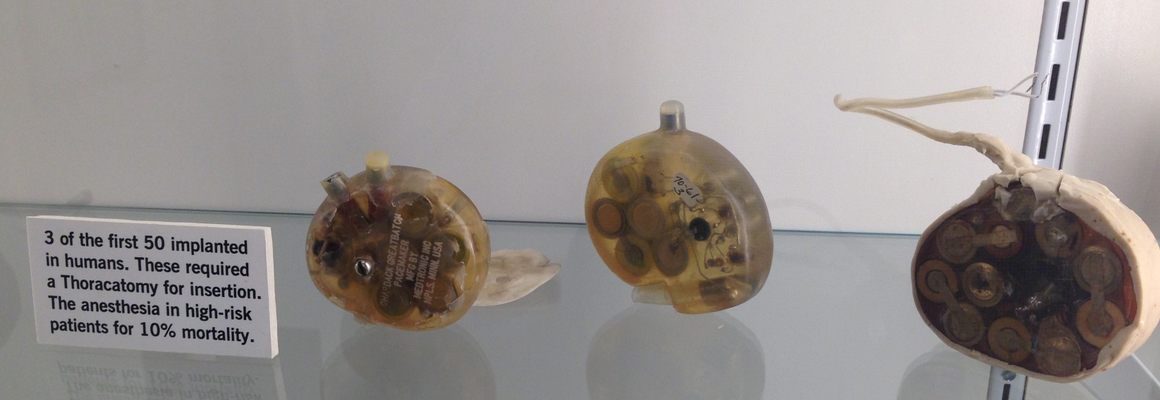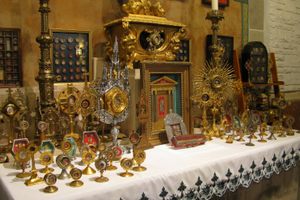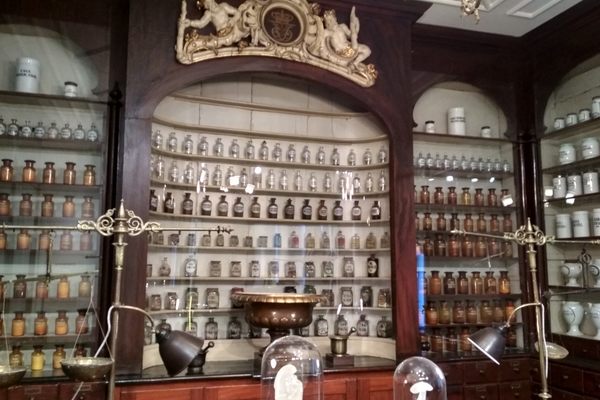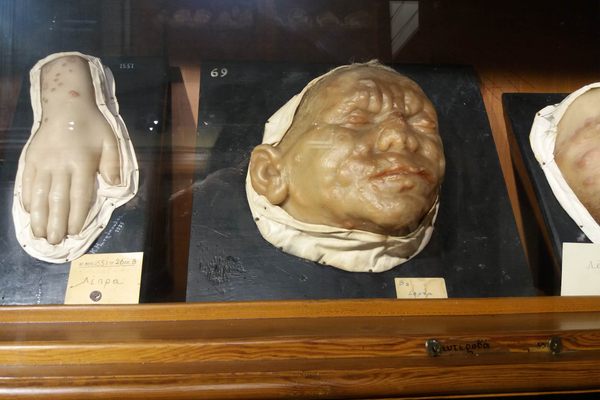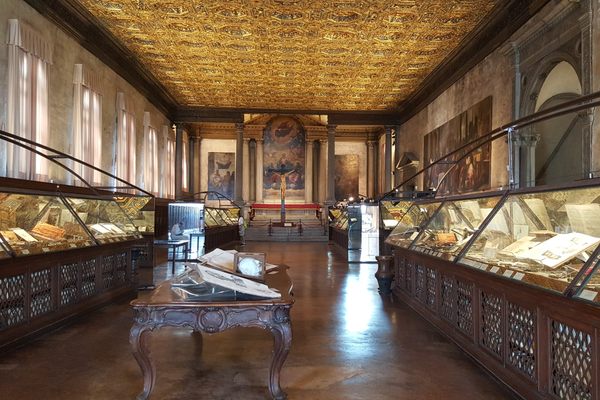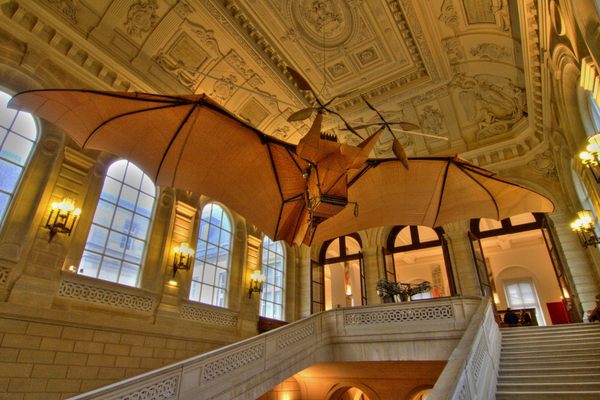About
Tapping into a deep vein of medical history, the Clarence History Museum has carefully reconstructed the original barn laboratory in which Wilson Greatbatch invented the implantable pacemaker in the 1950s. With only $2,000 in savings and a vegetable garden to support his family, Greatbatch secluded himself in this barn where his ingenuity and pluck led to the development of a life-changing device.
Today, a mannequin recreates the 1956 tableau at Greatbatch’s original workbench, where a happy accident led to his invention of the pacemaker. While building a heart rhythm recording device, he selected the wrong sized resistor and circuitously stumbled upon the process for artificially regulating a heartbeat.
Although Earl Bakken had previously developed an external pacemaker the size of a television, Greatbatch’s innovations reduced the dimensions for a more practical and less painful implantable device. Greatbatch later leased his invention to Bakken, who founded the Medtronic Company. As Medtronic expanded its medical device business, Greatbatch kept his hand on the pulse of battery technology development, which would enable devices to be made ever smaller.
By the time he died in 2011, Greatbatch had amassed hundreds of patents personally and through his company. He conducted research in a wide variety of fields including AIDS treatment research, helium-based fusion, and plant-derived alternative energy. He once dabbled in cloning plants and grew a flower he dubbed “Rosemary Cloney.” Ever the tinkerer, he claimed that nine out of 10 ideas came to naught, and friends still delight in telling stories of his quirkier inventions including a cereal that only he would eat.
Also featured in the museum is Voyager, the canoe to which Greatbatch attached an array of solar panels in 1991 for a record-setting solar-powered, 142-mile-trip around New York’s Finger Lakes. Fascinated by research into alternative energy sources, Greatbatch built the craft to celebrate his 72nd birthday and navigated Seneca Lake at the blistering pace of 3.5 miles per hour. During the odyssey, he attracted the attention of a passing police officer who asked to see his motorized boating license. Greatbatch didn’t have one, but captivated the officer with a tour of the canoe’s technology and avoided getting a ticket.
Greatbatch has been described as one of the greatest inventors of the 2oth century and is an inductee in the National Inventors Hall of Fame, among many other honors. Today, more than half a million pacemakers are implanted each year, and Medtronic is the largest medical device company in the world—all from an idea born in a barn.
Related Tags
Know Before You Go
The Clarence History Museum is open the second and fourth Sunday of the month from 1:00 p.m. to 3:00 p.m. and on Wednesday afternoons 1:00 p.m. to 3:00 p.m.
Community Contributors
Added By
Published
July 25, 2019

